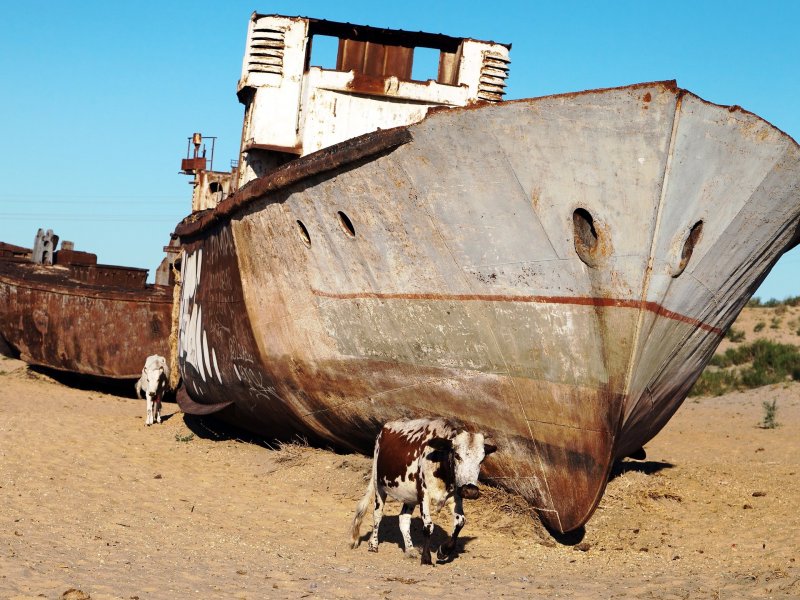What is happening in Uzbekistan is very serious. Amendments proposed into the Chapter XVII of the Uzbekistan Constitution are viewed as highly provocative by the Karakalpaks. If they are really passed, this may exacerbate the situation even further, escalating the conflict
International community should dissuade President Mirziyoyev from amending the Chapter XVII of the Constitution before it's too late. Deescalating the conflict now is absolutely possible and relatively easy. In a week or two it may be too late, if a lot of blood is shed by then
Uzbekistan is lingustically heterogenous. Uzbeks are Karluks (like Uyghurs). Karakalpaks are Kipchaks (like Kazakhs). Khwarezmians are Oghuz (like Turks in Turkey). Almost all rural population is Turkic, but cities like Bukhara or Samarkand still have many Persian speakers 

In the course of the Turkic migration, countryside was Turkified first. Meanwhile some of the cities continued to speak Persian for many centuries, remaining the Iranian islands among the Turkic sea. Not unlike some of the old urban centers of Anatolia after the Seljuk invasion 

Karakalpaks live in the northwest and thus are very much affected by the disappearance of the Aral Sea. They used to be coast dwellers and their mode of life heavily dependent upon the sea that is ceasing to exist. Water that used to feed it was directed to the cotton fields 

Cotton production was introduced to the region by the Russian Empire to create a source of raw materials for the Russian textile industry. Later Soviets would greatly expand the cotton production to produce gunpowder. But the cotton consumes too much water to grow 

Soviet cotton production consumed too much water, depleting the rivers. And it killed the Aral Sea. What used to be the sea bottom is now desert. Wind is blowing the salt and the chemicals brought to the former sea from the fields by the rivers all around the neighbouring areas 

Even worse, Soviets used the former Vozrozhdeniye Island as a polygon for biological weaponry for decades. Now it is a peninsula, because the water from the Uzbek side is draining quickly. Kazakstan which is much richer took some efforts to save its own part of the sea 

The Aral shore is a location of the enormous man made catastrophe. Basically the Aral desert is a byproduct of the Soviet cotton production. Cotton (=gunpowder) production was prioritised while keeping the environment and the economy of locals was not 

In 1990, even before the collapse of the USSR, Karakalpakstan declared its sovereignty. In 1993 it signed a treaty with Uzbekistan. It agreed to remain as part of the country for 20 years, if it keeps its sovereignty and will have a right to later secede through a referendum 

Basically in 1993 Uzbekistan signed a treaty agreeing to allow Karakalpaks the independence referendum in 2013. Of course, later the central government would concentrate all the powers and never allow it. In 2013 it simply arrested those idiots who really advocated for it
Now it introduced new amendments to the Constitution (see here, Chapter XVII, you can google translate it) gazeta.uz/ru/2022/06/30/… which strip the region from the remaining rights. That provoked the mass unrests
Uzbekistan ministry of interior claims they already suppressed them. They did not. But if the unrests continue, the government wil escalate the violence which may lead to the unpredictable consequences in a very young and poor society with rapidly rising cost of life
International community should persuade President Mirziyoyev to abstain from amending the Chapter XVII of the Constitution. Deescalation is still possible, before a lot of blood is shed. The end
• • •
Missing some Tweet in this thread? You can try to
force a refresh





